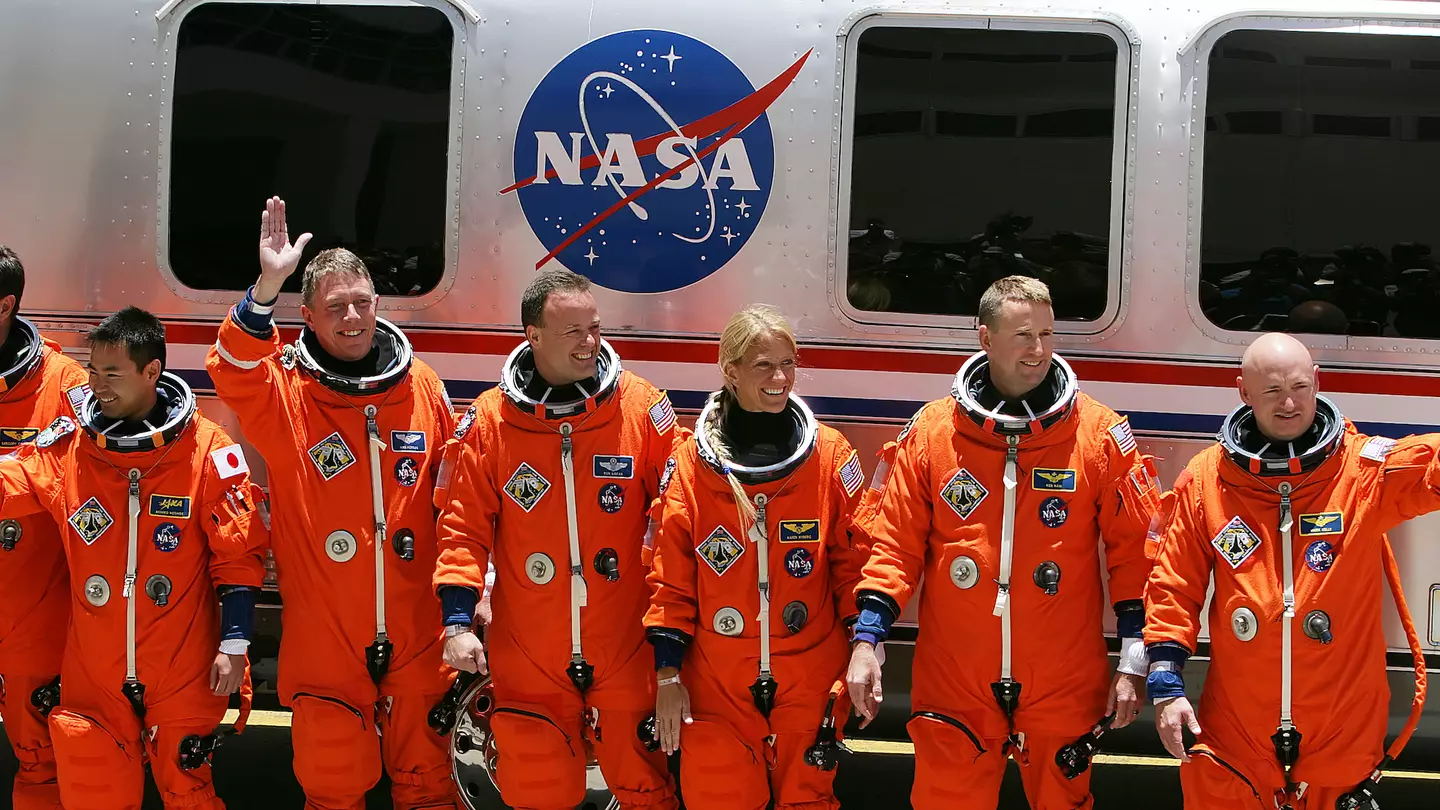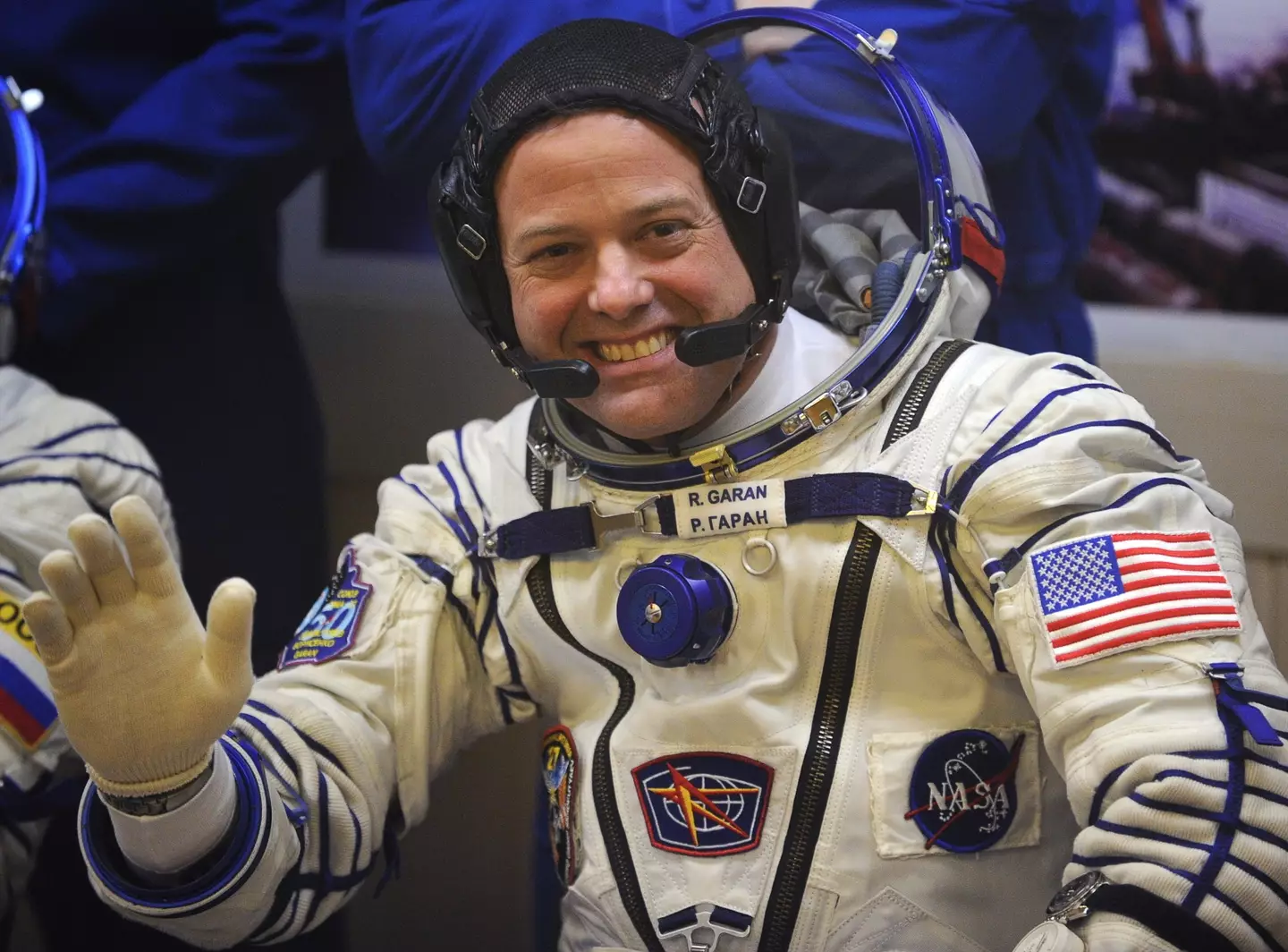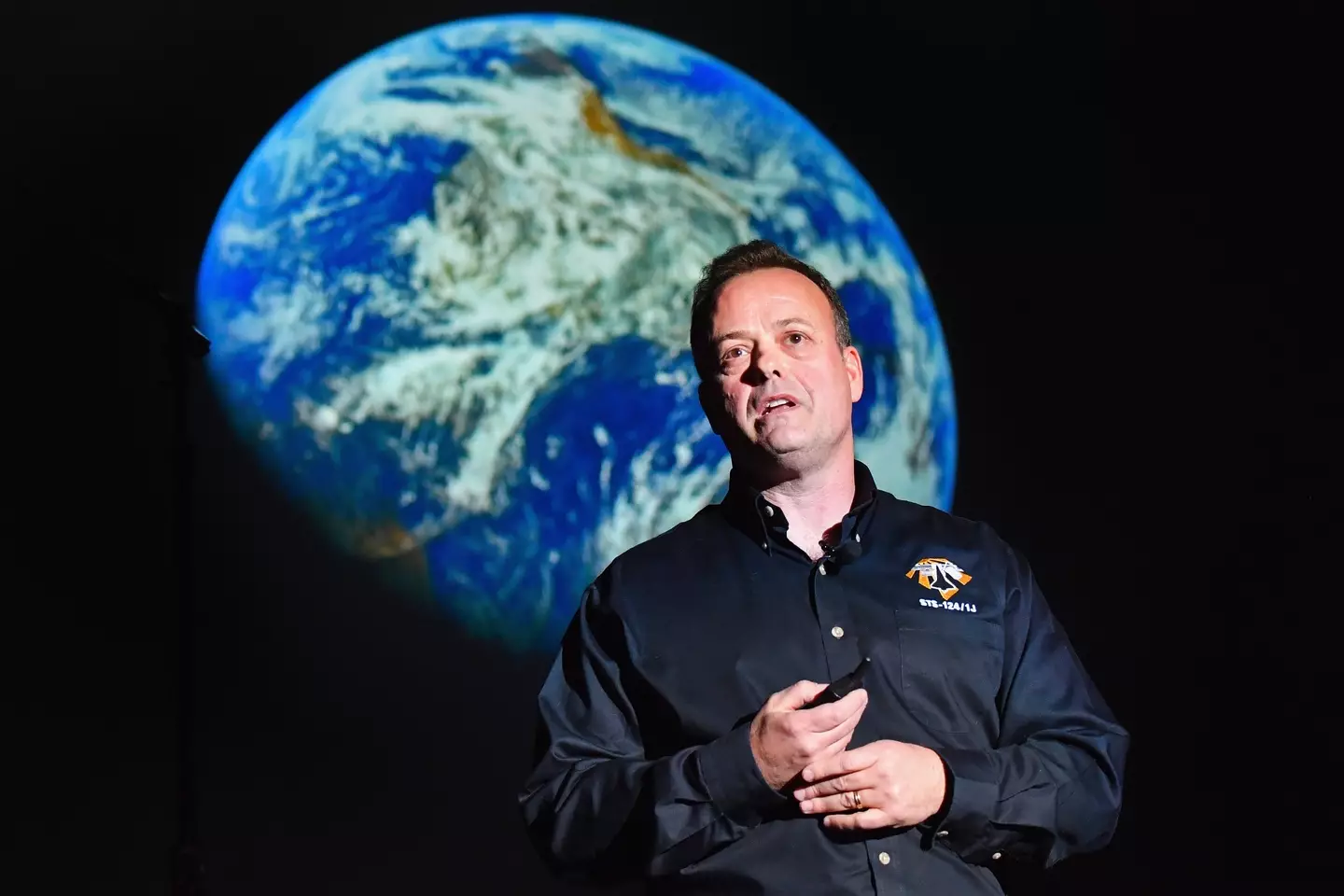
An astronaut who spent 178 days in space came to a sobering conclusion about humanity while he was up there.
Ron Garan, 63, revealed that he realised that the majority of people on Earth are 'living a lie' during his time on the International Space Station (ISS).
The NASA astronaut spent a significant amount of time away from civilisation during his career, as he travelled more than 71 million miles in 2,842 orbits.
While he was up there, Garan experienced what is known as the 'overview effect' - a phenomenon which the US space agency says can 'create powerful shifts in the way you think about Earth and life'.
Advert
It's something of a cognitive shift that a lot of astronauts feel when taking a look at our planet while floating in space, and researchers have compared it to a 'state of awe with self-transcendent qualities'.
This phenomena may trigger an 'unexpected and overwhelming emotion' for those who are brave enough to climb onboard a rocket.

While taking in the view from the ISS, Garan explained that he had a light bulb moment.
The New Yorker said the answer to how humans can 'continue our evolutionary process' dawned on him while he was up in space.
"When I looked out the window of the International Space Station, I saw the paparazzi-like flashes of lightning storms, I saw dancing curtains of auroras that seemed so close it was as if we could reach out and touch them," he previously told Big Think while describing what he saw.
"And I saw the unbelievable thinness of our planet's atmosphere. In that moment, I was hit with the sobering realisation that that paper-thin layer keeps every living thing on our planet alive.
"I saw an iridescent biosphere teeming with life. I didn't see the economy.
"But since our human-made systems treat everything, including the very life-support systems of our planet, as the wholly owned subsidiary of the global economy, it's obvious from the vantage point of space that we're living a lie."

Garan said we need to change our way of operating in order to thrive as a civilisation.
"We need to move from thinking economy, society, planet to planet, society, economy," he continued. "That's when we're going to continue our evolutionary process.
"There's this light bulb that pops up where they realise how interconnected and interdependent we all are."
He has held the lessons he learnt during his career as an astronaut dear ever since, while encouraging others to take care of our planet.
Speaking about what it's like to have a birds eye view of Earth, Garan added: "The orbital perspective is the call to action.
"It's a sense of injustice that we see when we see the sobering contradiction between the indescribable beauty of our planet and the unfortunate realities of life on our planet for a significant number of the inhabitants."
Topics: Science, Space, NASA, World News